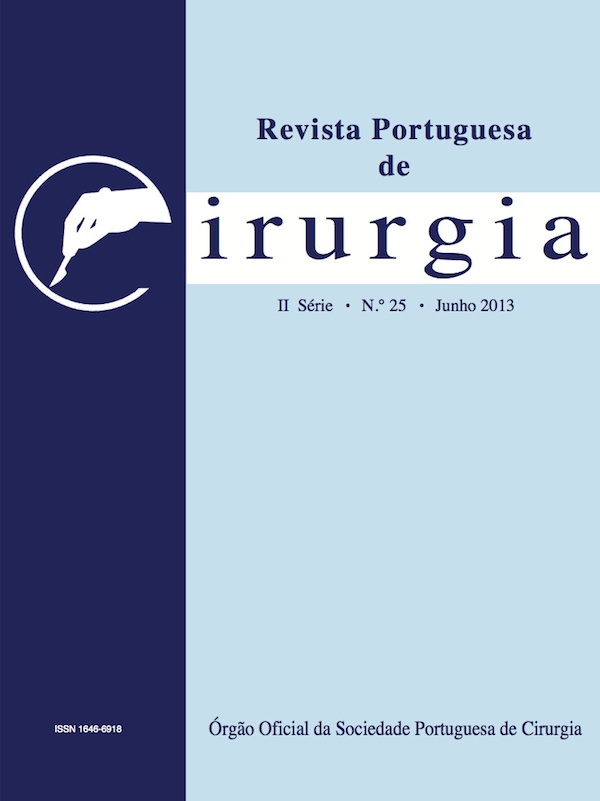Anticancer effect of Quercetin in Hepatocellular Carcinoma: the role of GLUT-1
Abstract
Hepatocellular Carcinoma (HCC) is one of the most fatal cancers, with rising incidence. Without specific treatment, the prognosis is very poor and diminished survival. The most effective therapy is liver transplantation and complete surgical resection, however, since only 15% of patients are candidates for such therapies, a wide range of patients are subjected to treatment with conventional therapies, and the rate success is greatly diminished.
It is thought that the expression of glucose transporter 1 (GLUT-1) may be altered in HCC. A recent study showed that suppression of GLUT-1 expression, using siRNA (small interfering RNA) could significantly reduce tumorigenesis in HCC cell lines, suggesting that GLUT-1 may be a therapeutic target for this highly aggressive tumor.
Thus, this project aims to evaluate the anticancer effect of quercetin, a possible inhibitor of GLUT-1, in a human HCC cell line HepG2, as well as check the effect of theis compound on 18F-FDG (a glucose radiolabelled analogue) uptake in this cell line.
These results shown that quercetin have anti-proliferative effect on HCC cell line studied. This compound also have shown ability to decrease the 18F-FDG uptake.
However, using flow cytometry it was found that HepG2 cells remain viable after treatment with quercetin, and this compound doesn’t inhibit the GLUT-1 protein expression. These results indicate that quercetin inhibits the GLUT-1 function, but doesn’t inhibit the expression of this transporter.
Keywords: Quercetin, Hepatocellular Carcinoma, GLUT-1
Downloads
Downloads
Published
Issue
Section
License
Para permitir ao editor a disseminação do trabalho do(s) autor(es) na sua máxima extensão, o(s) autor(es) deverá(ão) assinar uma Declaração de Cedência dos Direitos de Propriedade (Copyright). O acordo de transferência, (Transfer Agreement), transfere a propriedade do artigo do(s) autor(es) para a Sociedade Portuguesa de Cirurgia.
Se o artigo contiver extractos (incluindo ilustrações) de, ou for baseado no todo ou em parte em outros trabalhos com copyright (incluindo, para evitar dúvidas, material de fontes online ou de intranet), o(s) autor(es) tem(êm) de obter, dos proprietários dos respectivos copyrights, autorização escrita para reprodução desses extractos do(s) artigo(s) em todos os territórios e edições e em todos os meios de expressão e línguas. Todas os formulários de autorização devem ser fornecidos aos editores quando da entrega do artigo.



